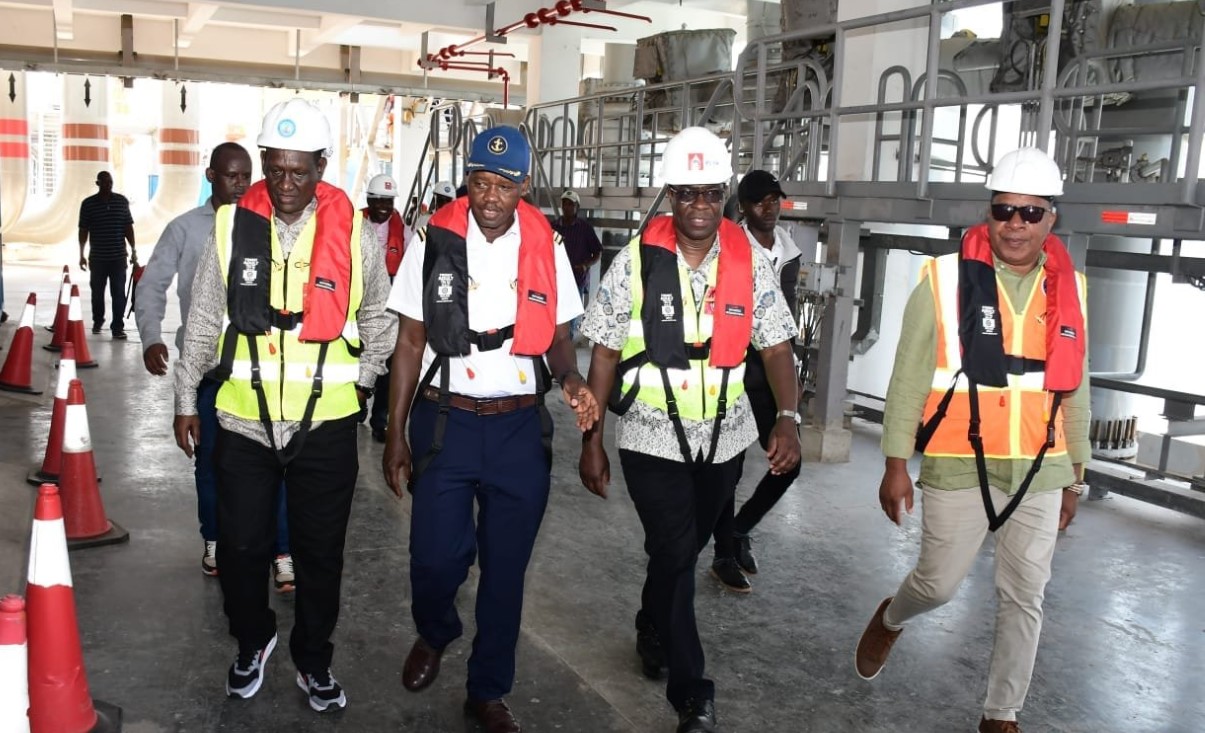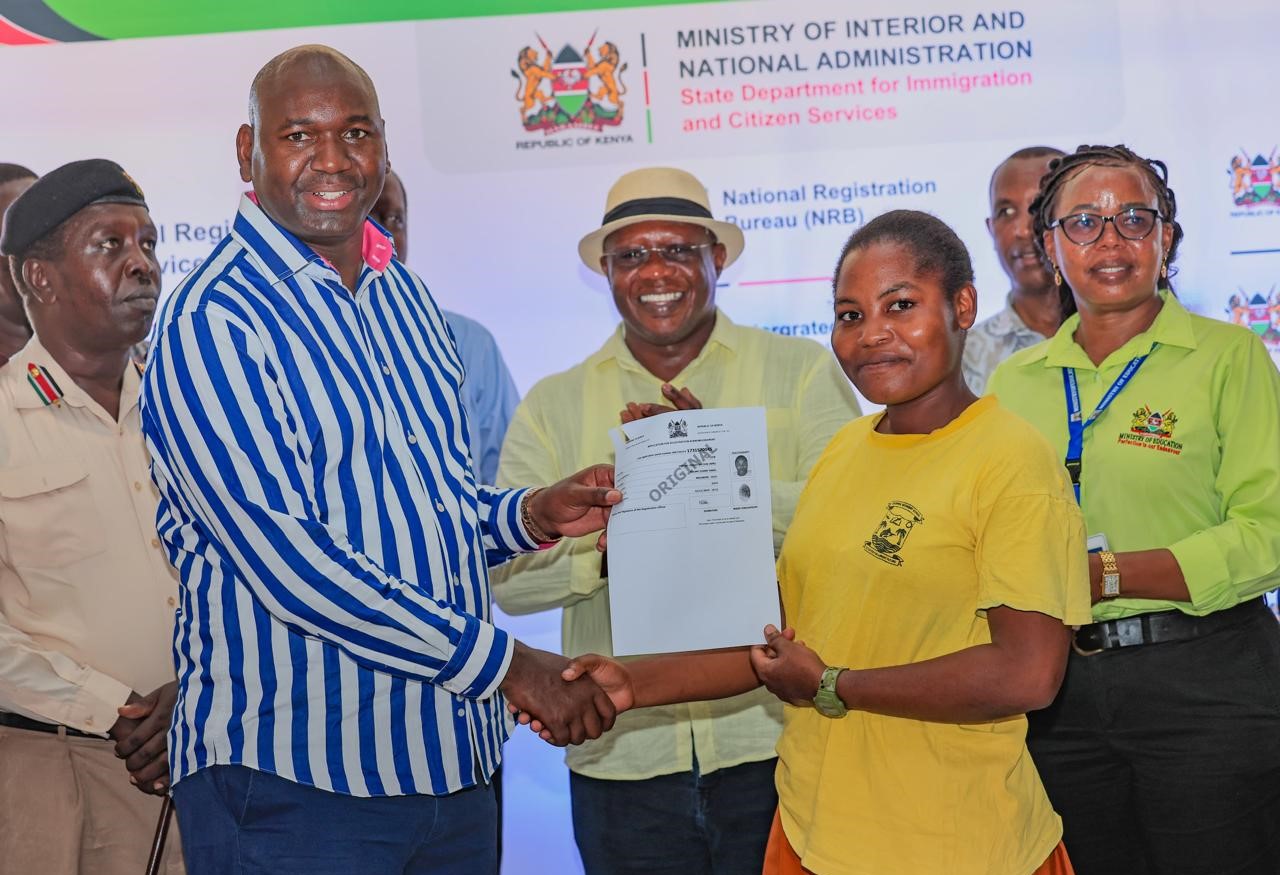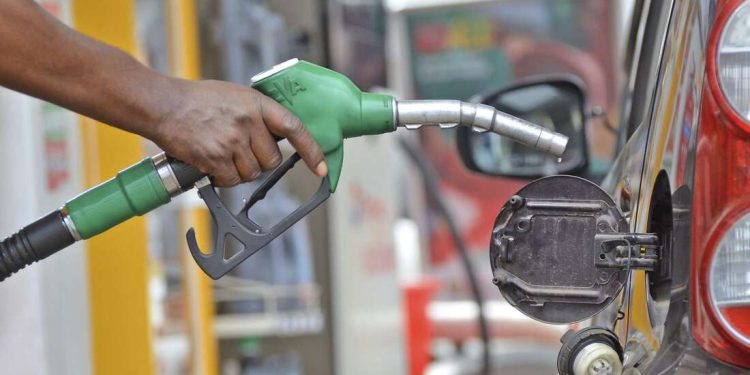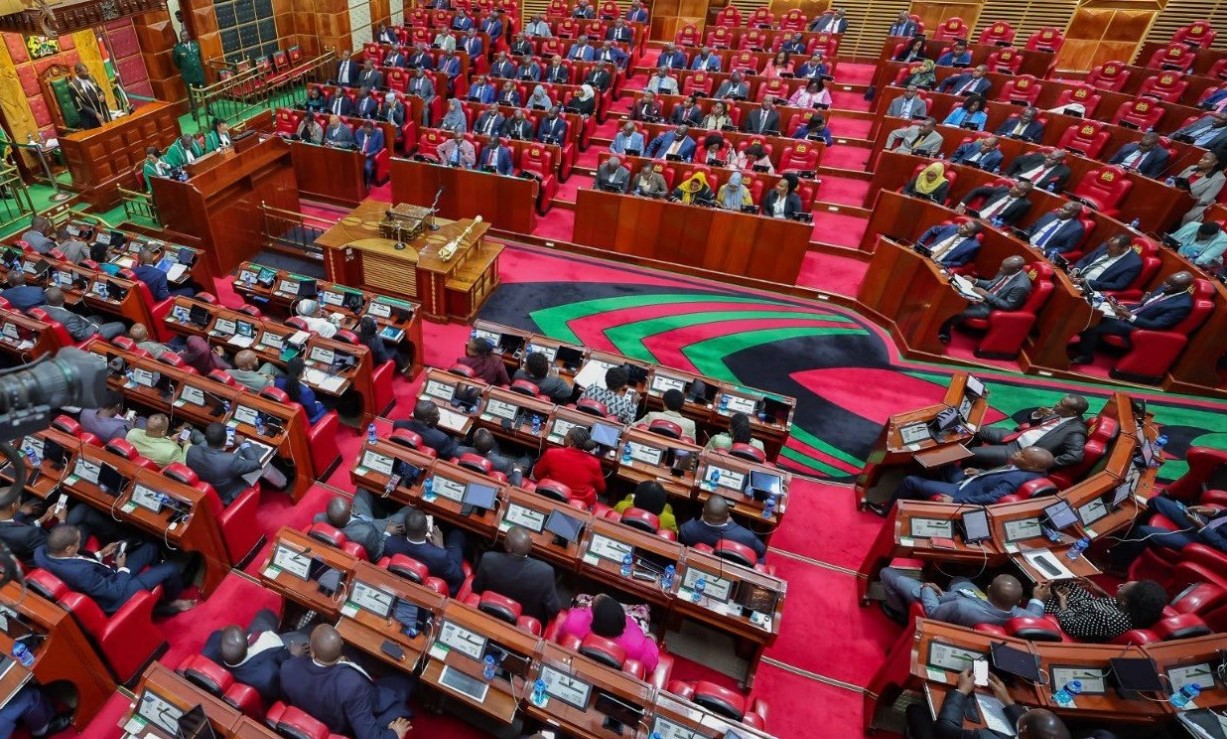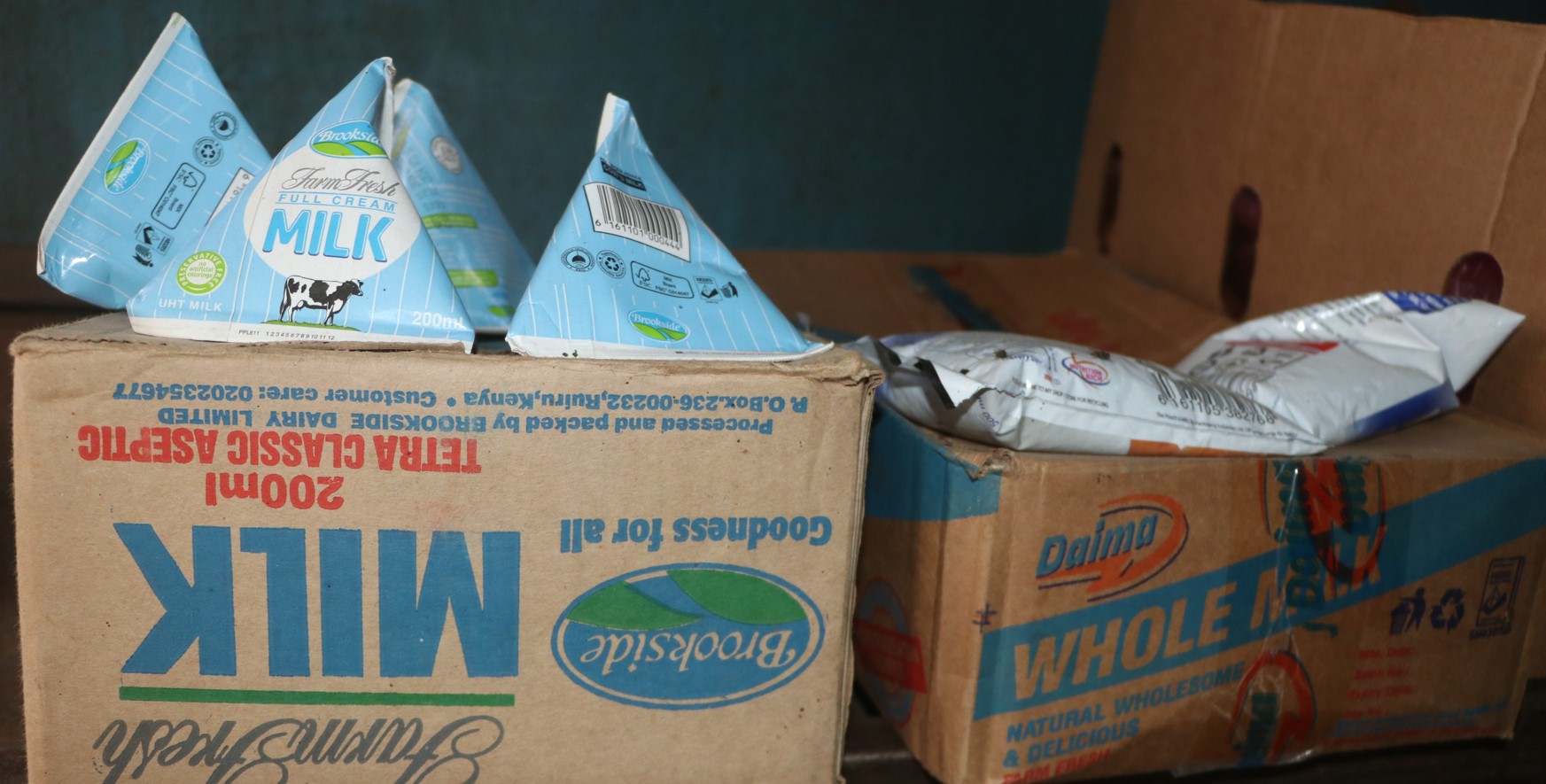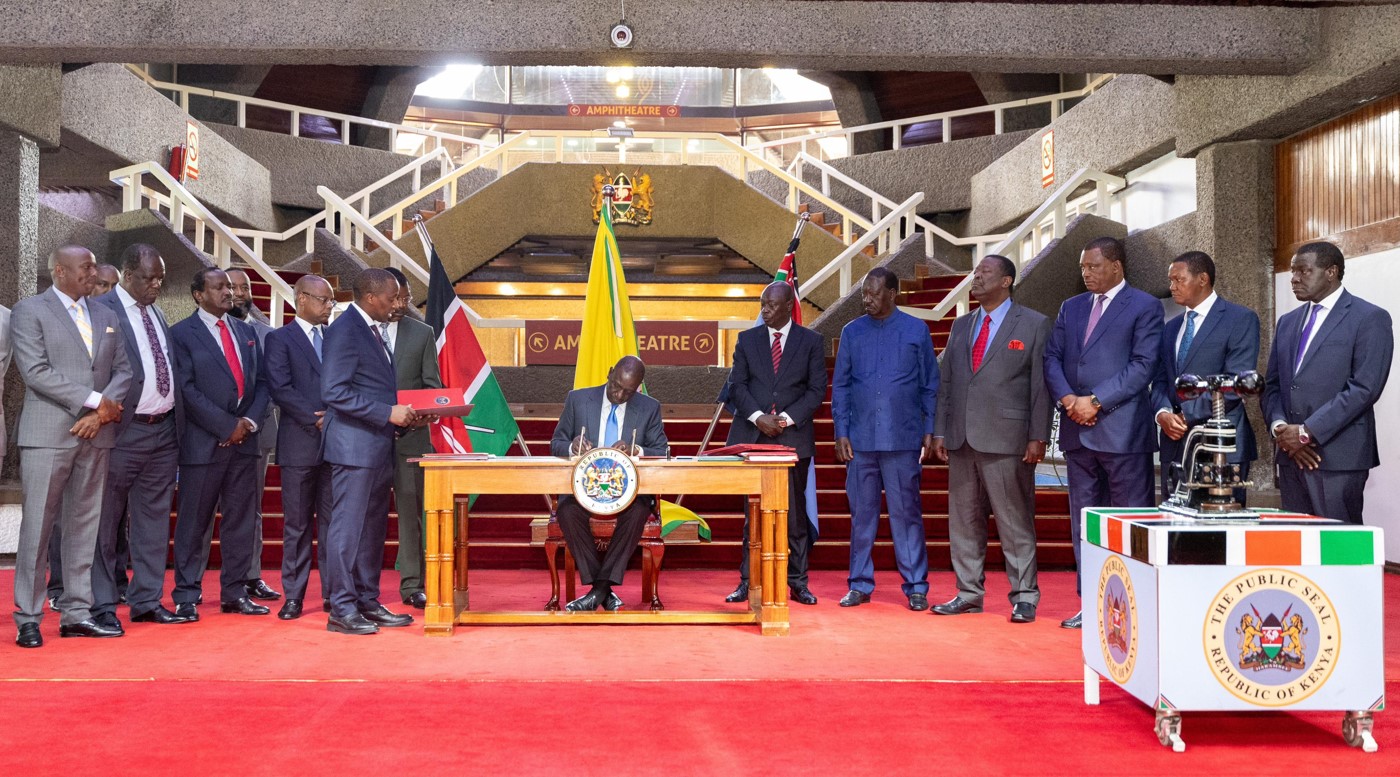Cabinet lauds Kenya's economic stability as inflation hits 17-year low

By Maureen Kinyanjui |
The 2.7 per cent inflation rate is a substantial drop from 9.6 per cent in September 2022 and the lowest inflation rate since 2007, when President Mwai Kibaki was in office.
Improved economic stability, a record-low inflation rate, and increased food security dominated discussions at the cabinet meeting chaired by President William Ruto at State House, Nairobi on Thursday.
Following two years of focused financial policies, the cabinet on Thursday was briefed on the success of these measures in revitalising Kenya's economy, which has achieved notable progress despite recent global and domestic challenges.
Keep reading
The country's inflation rate, a key measure of price increases, has significantly declined, hitting a 17-year low of 2.7 per cent in October 2024.
This is a substantial drop from 9.6 per cent in September 2022 and the lowest inflation rate since 2007, when President Mwai Kibaki was in office.
President Ruto's administration attributed this achievement to the fiscal targets outlined in the Kenya Kwanza manifesto.
The cabinet which was chaired by the President noted that as inflation decreased, prices for essential food items also fell.
A 2kg packet of maize flour, for instance, has dropped from Sh176 last year to Sh124 today, with similar declines seen in prices of beans and peas.
Kenya's economic growth rate has also remained strong, reaching 5.6 per cent in 2023, among the highest globally.
The economy is projected to grow by 5 per cent in 2024 and return to 5.6 per cent in 2025.
Another significant development noted in the meeting was the recent appreciation of the Kenyan shilling, which has stabilised at Sh129 per US dollar, down from a high of Sh162. This currency strengthening has reduced the country's external debt burden.
Interest rates have begun to decrease, easing the cost of domestic borrowing and creating more fiscal flexibility for government spending.
Additionally, the Kenya Revenue Authority reported double-digit growth in tax revenue, increasing by 11.5 per cent in the year leading up to June 2024.
Improved food security and production
The cabinet praised the government's subsidised fertiliser programme, noting that it had played a critical role in stabilising the national food supply.
As a result of this initiative and other agricultural support measures, Kenya's stock of staple foods is at high levels.
The country currently has 95.2 million 50kg bags of maize, 8.8 million bags of beans, 10.4 million bags of wheat, and 2.1 million bags of rice, ensuring food security for most households.
Kenya's sugar industry has also achieved a milestone, meeting domestic demand for the first time without requiring imports.
This increase in sugar production was attributed to government support for farmers, particularly through subsidised fertilisers and improvements in sector management.
Reader comments
Follow Us and Stay Connected!
We'd love for you to join our community and stay updated with our latest stories and updates. Follow us on our social media channels and be part of the conversation!
Let's stay connected and keep the dialogue going!

